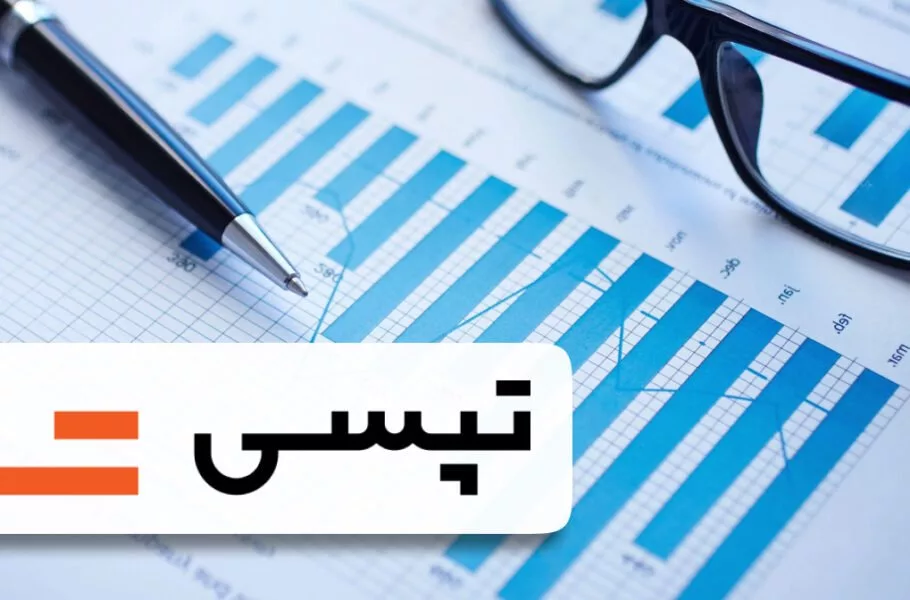
Tapsi’s Trading Suspension Over Development Cost Dispute
Tapsi faces prolonged trading suspension due to disputes over accounting practices for development costs impacting profitability.
More than 90 days have passed since the suspension of Tapsi’s trading symbol on the Iranian OTC market, yet the timeline for its reopening remains unclear. Investigations by Digiato reveal that the prolonged halt stems from a disagreement between Tapsi and regulatory authorities over how the company records expenses related to expanding its driver and passenger networks. These expenditures, classified as investments by Tapsi, have become a point of contention in accounting circles.
Tapsi’s trading symbol was suspended on July 7 with the intent of reviewing the issuer’s financial disclosures. The extended review process, coupled with the absence of official updates on the company’s status, has sparked concerns and dissatisfaction among shareholders.
Valiollah Jafari, Director of Issuer Oversight at Iran’s Securities and Exchange Organization, explained to Digiato: "The suspension of Tapsi’s trading symbol is due to ambiguities surrounding how its incurred expenses have been identified."
According to sources close to Digiato, the Securities Organization has challenged Tapsi’s method of recording transitional costs and recognizing profits derived from them. Consequently, the company’s financial statements have undergone another audit but are yet to receive final approval. Meanwhile, Tapsi continues to pursue a re-audit to defend its accounting approach. Failure to resolve this issue could lead to significant losses being recorded by the company, which had previously reported net profits exceeding 200 billion tomans for fiscal year 2024.
Jafari further noted: "This matter is under review by Iran’s Association of Certified Accountants, with meetings held between senior company executives and major shareholders."
When asked about a potential timeline for lifting the suspension, he responded: "The reopening date remains undetermined at this time."
The Debate Over Transitional Costs
Audited financial statements for fiscal year 2024 show that while Tapsi reported revenues of 2.342 trillion tomans and net profits of 205 billion tomans, it also spent 2.911 trillion tomans on expanding its driver network and attracting passengers during the same period.
This expenditure was recorded under "transitional costs," aimed at market development and establishing competitive advantages. However, only 621 billion tomans of this amount was amortized last year, impacting the company’s profitability.
Some capital market experts argue that categorizing such expenses as assets may present an inaccurate picture of a company's profitability. In contrast, Tapsi has previously stated that these costs were incurred to enhance infrastructure and attract new users—an investment intended to generate future revenues.
Awaiting Final Accounting Decisions
A report published in June by Toranj Investment Consulting highlighted differing accounting practices among Iranian tech companies like Yektanet, Hamkaran System, and Sepidar System compared to Tapsi's approach.
It appears that resolving how transitional costs should be treated in accounting once and for all could help standardize financial interpretations for startup companies. This clarity would reduce common misconceptions among investors and improve transparency across financial disclosures.












